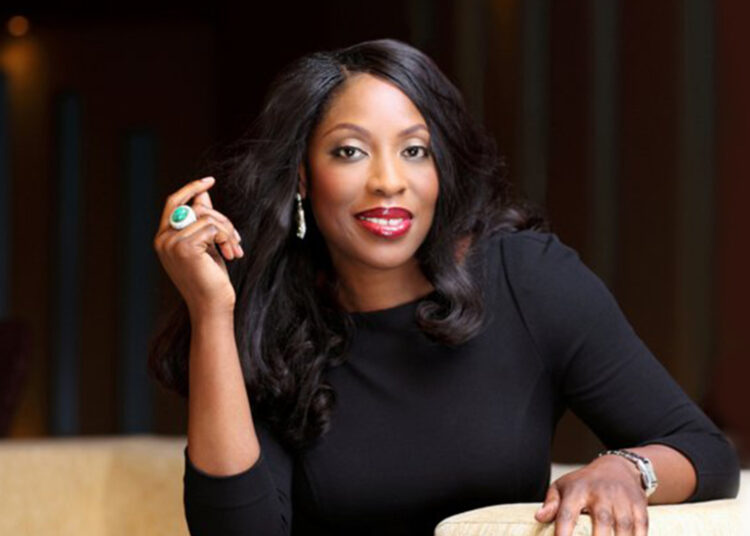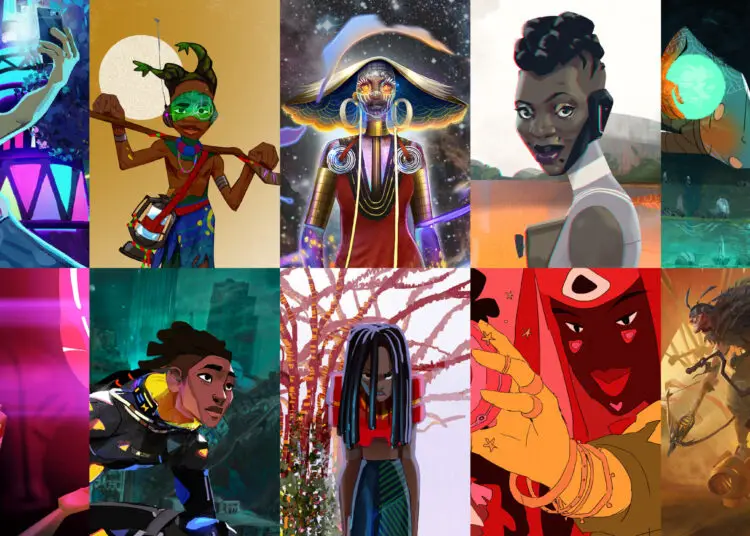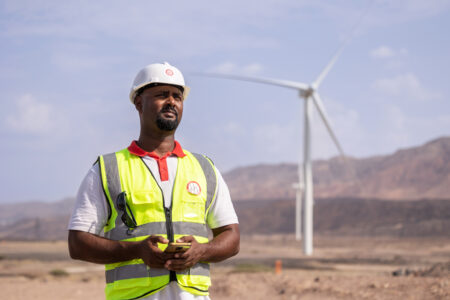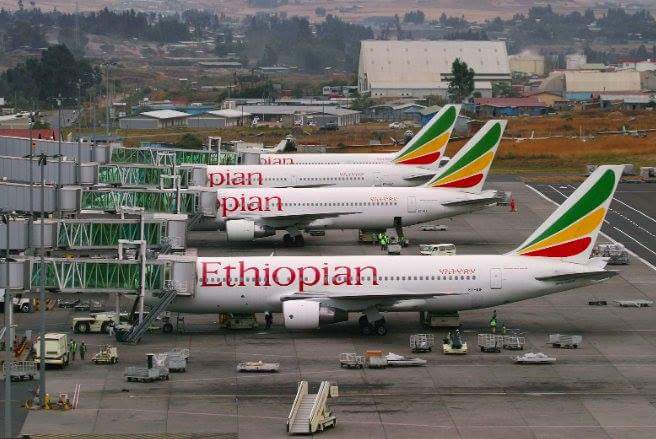- The SVOD (subscription video-on-demand) market in sub-Saharan Africa generated revenue of roughly US$107 million in 2021.
- Netflix is pushing growth in Africa as their market in North America has become stagnant, and growth in many territories, including Western Europe, is slowing.
- Global studios and streamers’ investment in African content is part of a broader strategy to copy the successful Netflix model by producing local content for local audiences.
International content streamers are vigorously investing in Africa with the SVOD (subscription video-on-demand) market in sub-Saharan Africa generating roughly US$107 million in 2021.
Netflix, Disney, BBC Studios, Sony Pictures, Amazon, and several others are directing efforts to gain a foothold in a market that has proved to have a hysteria of localized content attracting local and global audiences.
The biggest challenge for Africa to produce thrilling global entertainment has been for a long time the lack of a realistic budget allocation to the creation, pre-and postproduction, and marketing of content.
However, the year 2022 bears a promise of the global media industry taking African content seriously.
Tony Maroulis, a principal analyst for London-based Ampere Analysis, says more than 1.4 million subscription video-on-demand (SVOD) users in Sub Saharan Africa. He projects the figure will grow to 2.4 million by 2026.
The SVOD market in sub-Saharan Africa generated revenue of roughly US$107 million in 2021.
Read: South Africa filmmakers head to USA on investment mission
Currently, the bulk of international investment in African content is in Nigeria, South Africa, and Kenya, mainly because they have established film and TV industries and a large English-speaking population.
2021 saw a series of deals among African film and television producers with international studios and streamers.
EbonyLife partners with Netflix, BBC Studios, Sony Pictures Television and Westbrook Studios.
In 2020, Nigerian Tv pioneer Mo Adudu’s company, EbonyLife Media, shut down its television channel, which was available across the continent, to focus on the more lucrative business of production.

Mo Abudu says that he has been in the media industry for over 20 years, and it is only recently that he is seeing a “real explosion” and a “real tipping point” for the African continent. “The reality of the marketplace has changed,” he says.
The company has also set up a co-production with AMC for a thriller, Reclaim, which will kick off a co-production deal between EbonyLife and BBC Studios. The series is about a gang of art thieves looking to steal Nigerian works poached by the British Empire 125 years ago.
EbonyLife is also working on an action series, developed with Sony Pictures Television, about the historical all-female West African army, The Dahomey Warriors, an inspiration for the fictional Dora Milaje of Marvel’s Black Panther.
In 2021, EbonyLife signed a multi-project development plan with Will and Jada Pinkett Smith’s Westbrook Studios to produce African-based series and features. The deal successfully pitched Universal Studios and Will Packer Productions on a thriller based on the life of a Nigerian Instagram celebrity and alleged fraudster, Ramon Olorunwa Abbas, otherwise known as Hushpuppi.
Netflix is currently the biggest streamer in Africa
Netflix accounts for more than half of the streaming subscriptions in the continent.
The South African film Queen Sono made history in 2020 by being the first script-to-screen African Original series to feature on Netflix. In the same year, Netflix released CapeTown’s teen drama series Blood & Water.
Netflix also signed a development deal with John Boyega’s UpperRoom Productions to produce non-English films set in West and East Africa.
Read: Netflix subscriber numbers plunge, stock collapses
Netflix is pushing growth in Africa as their market in North America has become stagnant, and growth in many territories, including Western Europe, is slowing.
Amazon signs deal with Nigeria’s Inkblot Studios and Anthill Studios.
In December 2021, Amazon signed two extensive licensing deals with Anthill Studios and Inkblot Studios. This marks Amazon’s first agreement with African production companies.
Anthill Studios is a film production, postproduction and animation studio and has produced features like Prophetess, Day Of Destiny and Elevator Baby. Its animation studio is reportedly the biggest in Nigeria.
The deals will give Amazon exclusive, global distribution rights to Anthills and Inkblot theatrical releases, made available to Prime Video, Amazon’s popular movies and TV shows site.
Prime Video will launch upcoming Inkblot films to its worldwide streaming audience. The features of Inkblot films include Moms at War 2, The Set Up 2 and New Money 3 and their new titles such as Charge and Bail, Superstar and The Blood Covenant.
Disney+ plans to launch in Africa in 2022

Disney targets to partner with Triggerfish (a Cape Town-based animation house) to produce Kizazi Moto ( Generation of Fire). This 10-part animated series will feature short films by South Africa, Kenya, Nigeria, Uganda, Zimbabwe and Egypt.
At the 2021 Annecy Animation Festival, Disney showcased a snippet of images for Iwájú, a sci-fi series produced by Kugali Media depicting Nigeria’s Yoruba culture.
“There’s been a tremendous change. Just three to four years ago, you would have struggled to sell an African film to a big international platform, and financing was always difficult,” says Kunle Afolayan, director and producer in Nigeria. “Usually, I would make one film in two years. Last year, I made two films in a single year.”
Global studios and streamers’ investment in African content is part of a broader strategy to copy the successful Netflix model by producing local content for local audiences.
Read: Kenya to tax YouTube, NetFlix and Google Apps











